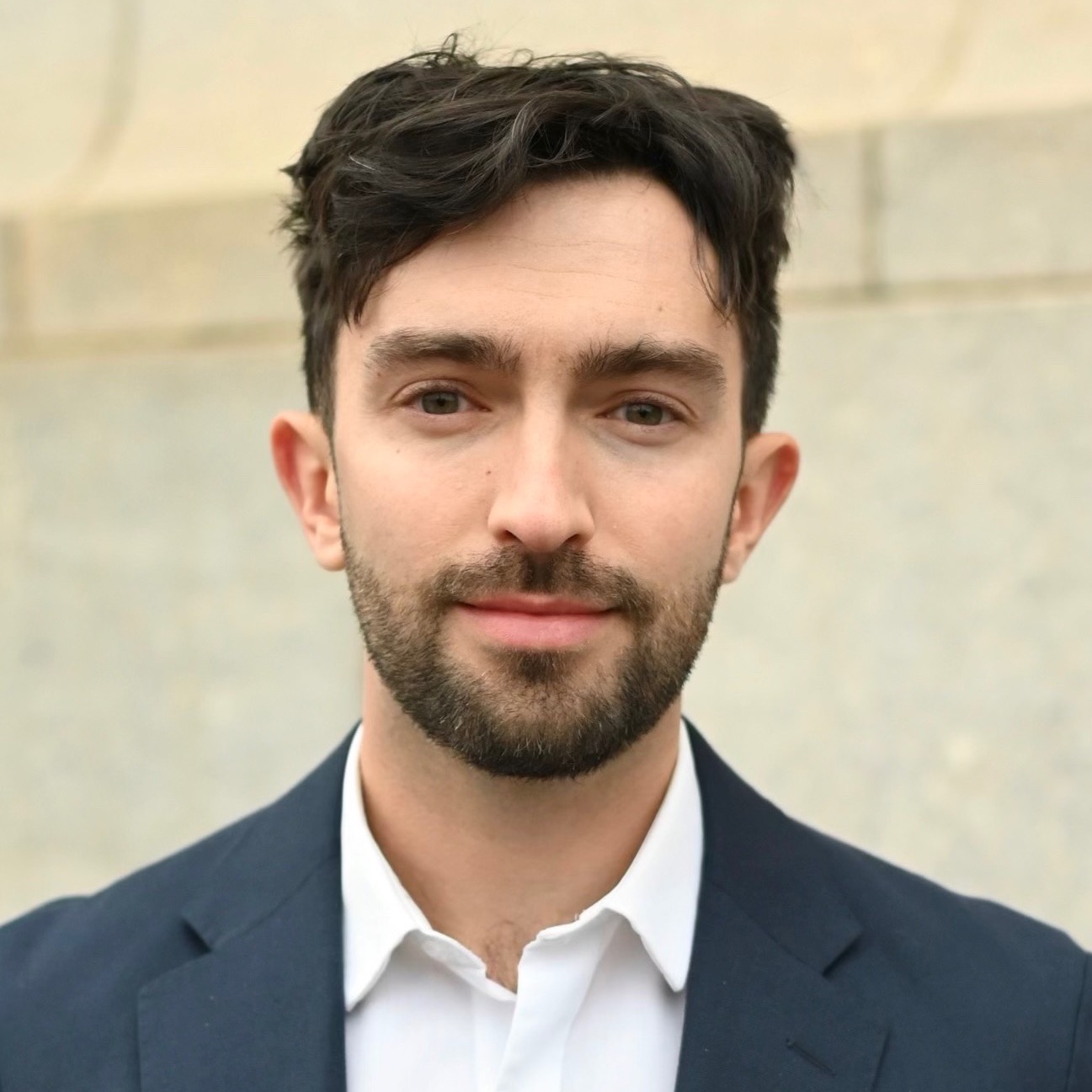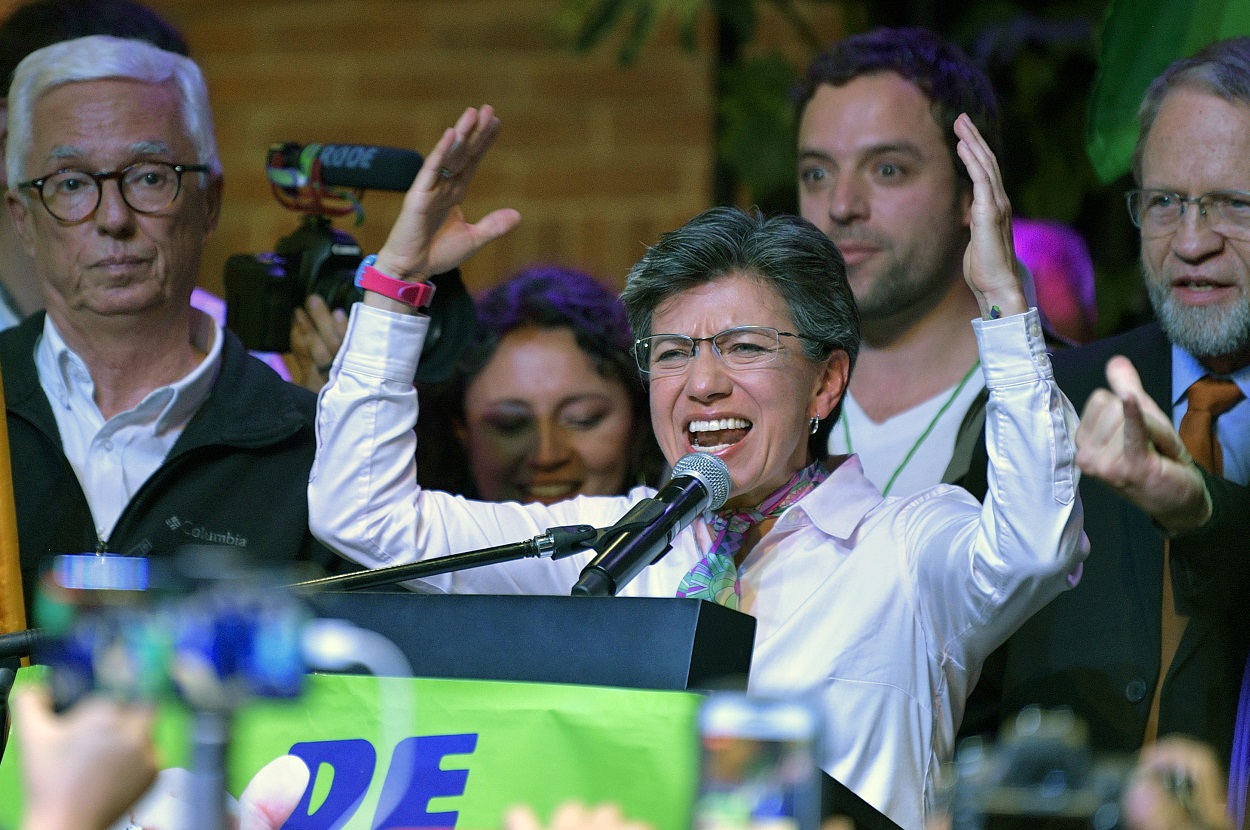Since Colombia shifted to directly electing its mayors and governors thirty years ago, alternative politicians like Bogotá’s Antanus Mockus and Medellín’s Sergio Fajardo have occasionally challenged local political machines and won. Yet in most of the country, traditional political families have largely remained in power for decades.
That is, until the October 27 local elections.
Contrary to what polls predicted, candidates defeated establishment favorites in the country’s major cities, from Bogotá and Medellín to Cali, Cúcuta, and Cartagena. Grassroots candidates have won occasional local races before, but arguably never on this scale.
Moreover, the new generation of mayors have almost all emerged from outside traditional power structures, such as the Democratic Center or Radical Change parties. While Colombia’s party system has fragmented over the past three decades, most regional politicians remained linked to one offshoot of the traditional parties or another, often relying on the local political bosses these parties left behind. Yet the winners of the latest local elections hail from outside these circles—not just in one or two places, but in most major cities across the country, although of course with some notable exceptions like Barranquilla.
While some winning candidates ran as independents, including electrical engineer Daniel Quintero in Medellín and NGO leader William Dau in Cartagena, others belong to smaller national parties, like Bogotá’s anti-corruption crusader Claudia López and Cali’s Jorge Iván Ospina: both part of the Green Alliance. More importantly, however, they all mounted grassroots campaigns against politically-connected—and in several cases also better funded—rivals. In this sense, they can broadly be considered “alternatives” to the political status quo.
Understandably, observers are heralding their victories as a sign that traditional machine politics is on the decline. To an extent they’re right. A number of events ahead of this year’s elections suggested political winds might be turning against regional dynasties, from the unprecedented arrest of a congressperson for vote-buying in 2018 to the public outrage registered in an anti-corruption referendum the same year.
That said, the extent to which politics in Colombia is really at a crossroads remains unclear. In large part, it will depend on how the new generation of alternative mayors take the next, more difficult step: governing.
History suggests this will be an uphill battle. Typically, alternative mayors confront at least three major obstacles: resistance from city councils, politicized corruption investigations, and the temptation to rely on patronage politics. Still, if the new generation can overcome these hurdles—by no means an easy task—they will open a more genuinely pluralistic chapter in Colombian politics.
The first, most basic challenge Colombia’s new alternative mayors face is obstruction by city councils and governors. Without the approval of city council, mayors cannot sign contracts, enact development plans or access most of their municipal budgets. Traditional politicians tend to get around these problems by doling out bureaucratic posts to city council members. But this option is hardly as viable for alternative mayors, who come into office with mandates for reforming status quo policies. Usually, the result is stalemate. As mayor of Bogotá from 2012 to 2014, the leftist guerilla-turned-politician Gustavo Petro could only count on the support of two of the city’s 45 city council representatives, and the body blocked several of his proposals for years.
None of Colombia’s newly elected alternative mayors have it easy, but some are closer to majorities than others. Claudia López’s Green Party won twelve council seats—an unprecedented showing for an alternative party in Bogotá—while other progressive parties gained a few more. However, in Cali and Cartagena, where voters elected a veteran Green party mayor and a little known independent, respectively, alternative parties only picked up just a handful of seats. Add to that the fact that traditional parties held onto the governorships of most departments, including these three, and it becomes clear why Colombia’s new mayors may find their hands tied from day one.
New mayors will also confront a less obvious hurdle: avoiding investigations at the hands of Colombia’s accountability institutions. Designed to fight corruption, Colombia’s Public Inspector and Comptroller General’s offices have broad authority to investigate and remove local officials. However, in practice their political independence is limited, as their local offices are appointed by city councils and departmental assemblies. Accordingly, they tend to disproportionately investigate alternative politicians who threaten to change the status quo. For instance, the former and current mayors of Santa Marta, Magdalena, who launched the local progressive movement Citizen’s Force, have been removed from office for alleged contracting irregularities only to have appeals courts later determine they were innocent. Even the threat of investigation can generate crippling pressure.
“We spent fifty percent of the time responding to petitions from the control institutions,” explained a former member of Petro’s cabinet, Yency Contreras. “You end up doing your work with fear, and then you stop doing things at all.”
While not all investigations can be ruled out as biased, new mayors in Bogotá, Cali, Cartagena and Medellín should expect intense scrutiny.
A final threat facing new alternative mayors stems not from other institutions, but from themselves. They will have just four years to govern, but implementing ambitious policy reforms often takes longer. This generates strong pressures to seek reelection, which have in some cases pushed anti-corruption candidates to copy the clientelist tactics of their predecessors. That was the case with Cali’s new mayor from the Green Alliance, Ospina, who previously held the post from 2008 to 2011. Then, Ospina controversially formed a handsomely-paid, 1,600-member “civic guard” which critics allege served as a mechanism for rewarding his followers.
Given the obstacles discussed above, the temptation of bending the rules is obvious.
“Unfortunately, the political barrier to entry is so high, and campaign resources for local movements so scarce, that alternative political leaders have often resorted to corruption,” explained Fabian Bolaño, a campaign strategist from Citizen’s Force: a new progressive movement that scored impressive wins in Magdalena. Still, if new local governments rely on the patronage politics of their predecessors, it becomes unclear what distinguishes new political machines from the old ones.
It won’t be easy for Colombia’s new alternative mayors to implement policy reforms, overcome obstruction and avoid clientelism. But that’s clearly what voters in the country’s major cities are demanding. If they can pull it off, Colombia will experience a long-overdue democratic deepening.
—
Freeman is a politics PhD candidate at Princeton University, where he studies local democracy and political opposition in Latin America. He conducted fieldwork in Magdalena, Atlántico, and Bogotá in 2019.








